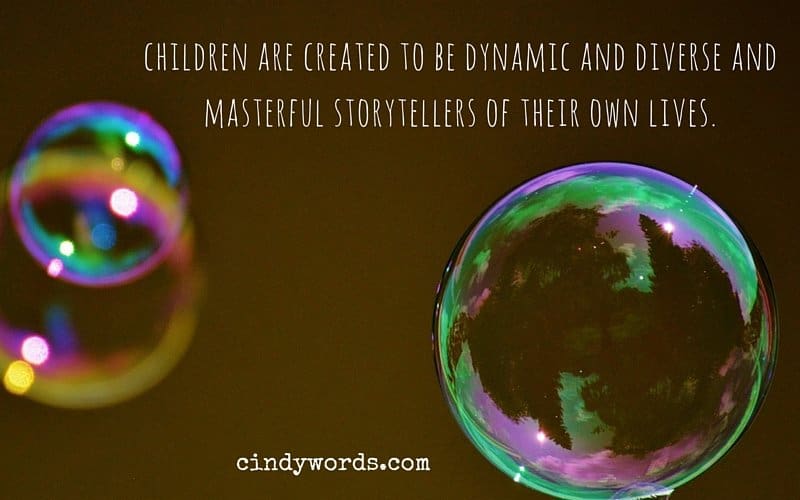
Raising Children Un-Fundamentalist – Part III
September 1, 2015
This is part 3 of my blog series where I attempt to sort out the complexities of parenting as a Christian with an evolving faith. In part 1, I urge us to be thoughtful about the power dynamic between adults and children. In part 2, I address the role of fear in sharing our faith with children, and my friend Ben Irwin followed up with a fantastic post, “How to Talk to your kids about Hell?” Here’s part 3:
///
“God loves you and has a perfect plan for your life.”
This was the alluring evangelical promise dangled before my generation. It is appealing, especially for a child, who enjoys the anticipation of a life not-yet-lived. It almost sounds like “God loves you and you will have a perfect life.” Someone, somewhere along the evangelical establishment, forgot the memo, p.s. there is no such thing.
The sentiment is solid. The gospel of Jesus Christ is good news after all. We are promised many good things: redemption, forgiveness of sins, peace, reconciliation, shalom. But the Marketing Department goofed up with the choice of words. ‘Perfect’ is elusive, unattainable, and an empty promise.
I know this now because I grew up and found out as an adult how complicated life can be. I learned that we make decisions with finite resources at our disposal, do the best we can, and have to reap the benefits and/or consequences of those decisions. There is no perfect, just good enough.
But as a child, I grasped for that perfect blueprint I was promised, which in hindsight, looked an awful lot like a moral code. No smoking, no drinking, no sex, and absolutely no swears. What not to do was crystal clear. What TO do was only slightly less explicit. The perfect plan for our young lives were laid out before us in the form of very good examples. We foster a love for Christian celebrities from a very young age, and for as long as I can remember, I was looking up, literally, to the platforms and stages with godly Christian leaders displaying a life that abides by the perfect blueprint.
In teen years, they were the class presidents or team captains who talked about Jesus a lot and can play the guitar really well. In young adulthood, they were the eloquent speakers who has kissed dating goodbye. In adulthood, they were the young marrieds who had saved sex until marriage, leads youth groups, and achieves ultimate Christian stardom by embarking on a missionary or pastoral career.
With a few insignificant deviations, I have just described to you my own growing up years. I dutifully followed that script.
Please understand, I am not trying to dismiss the real stories and testimonies of the faithful people who were put before me as examples. And although it is sometimes difficult for me, I don’t want to dismiss my own background and the life choices I have made. But I was raised to conform to a narrative of the good Christian life, and what I am discovering is that God is about busting the status quo of the narratives we have created. God wants us to write different scripts, explore off-beaten paths, live fully into our unique inclinations, and move outward, upward, and away from a prescribed life.
Raising Children Un-Fundamentalist is to give children the permission to grow without strapping a confining script on their impressionable lives. Of course, it is fair and responsible to place certain expectations and boundaries on them within a family or a community. But children are little people, created to be dynamic and diverse and masterful storytellers of their own lives. The subtle pressure to conform to Christian culture norms work out well for those who happen to thrive within the script, but not so much for the ones who tread the boundaries or veer outside of it. I’m thinking of the depressed child who can’t muster up the joyful Christian persona, the cynical, authority bucking teenager who is labeled as the bad Christian, and the queer child whose sexual identity/orientation is slowly lathered in shame.
I want my kids to know God is so much bigger than what we have imagined, but that it is worth striving to live more into the likeness of that big God. I want to lay down a blueprint of our cloud of witnesses and faithful examples, but be intentional about placing a fresh page before them to work out their own adventure. I want to spell out P-E-R-F-E-C-T in big, capitalized, bold font, and then cross it out in an even more memorable red brush. In its place, I would channel Brene Brown,
You are imperfect. You are wired for struggle, but you are worthy of love and belonging.
I want them to know, every part of your story matters. The times when you feel strong and the times you feel weak, when you reign victorious and when you fall, when you feel God’s presence and when you wander through the dark night of the soul. They are important because they are real, and they are you, and don’t let anyone tell you it’s a problem to be you.
And when the time comes when they leave my home, I want them to know whatever adventure they choose to embark upon is a sacred calling, because God shows up not just in the holy jobs and the godly professions. Whether they end up being an engineer or a screenwriter, an internet marketer or a nurse, a comedian or a missionary, theirs is a story they get to write for themselves.
I just feel fortunate to have been given a front row seat in these early years.
Read Part 1, Part 2, Part 4, & interview w/ Peter Enns.
///
What about you? How do you hold in tension the desires for your children and giving them the freedom to find their own path? How does your upbringing influence how you approach guiding your kids?



